-
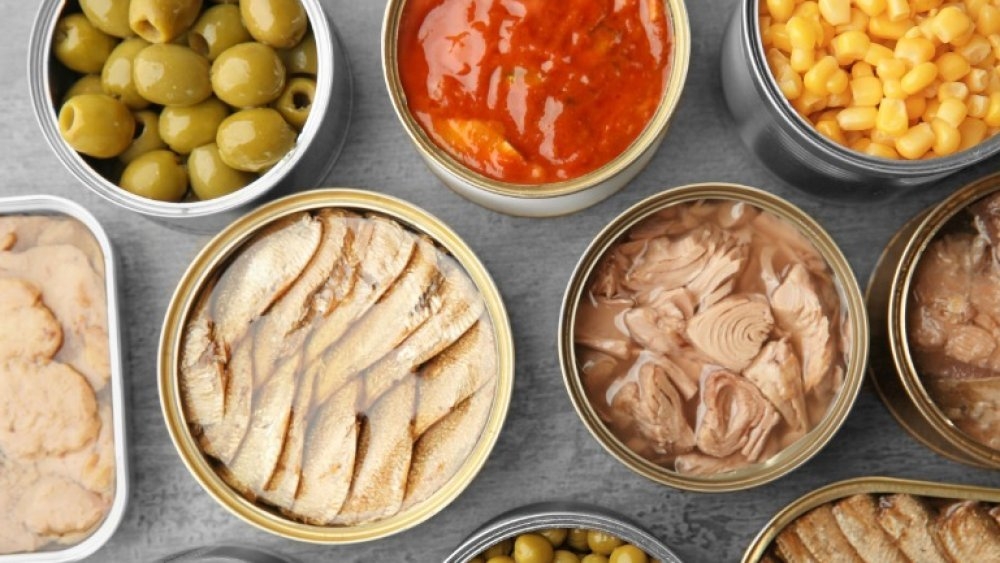
Canned and frozen fruits and vegetables are often considered less nutritious than fresh fruits and vegetables. But this is not the case. Sales of canned and frozen foods have surged in recent weeks as more consumers stock up on shelf-stable food. Even refrigerator sales are on the rise. But the c...Read more »
-
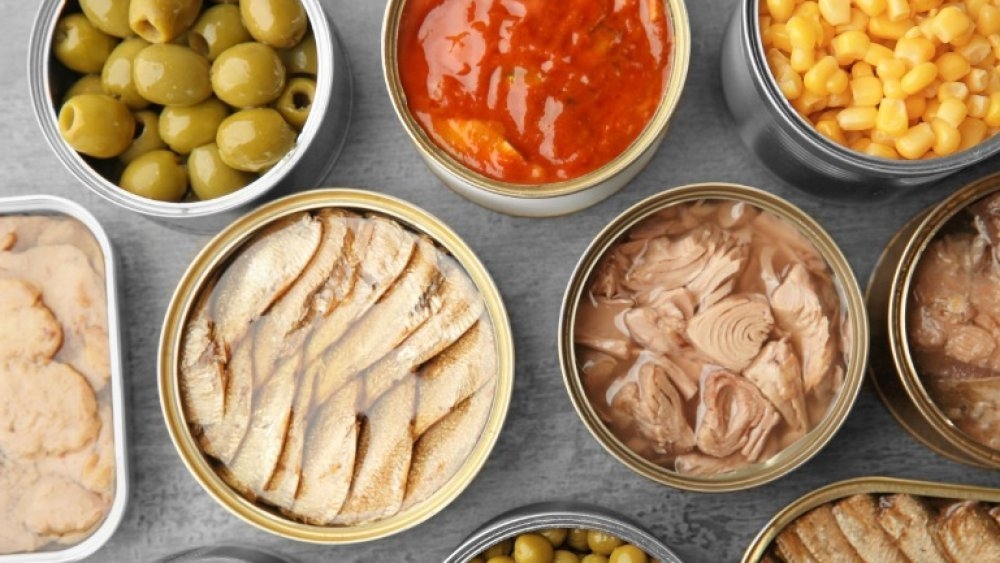
Thermal sterilization technology Formerly for the canned food sterilization, thermal sterilization technology has a wide range of applications. The application of heat sterilization technology can effectively kill microorganisms, but this technical means can easily destroy some canned foods that...Read more »
-

Someday, with our sail piercing the clouds, we will mount the wind, break the waves, and traverse the vast, rolling sea. Congratulations to DTS for successfully signing the Germany pet food project “Innovation• Wonderful Life”, “Strive to build DTS as an ideal platform for empl...Read more »
-
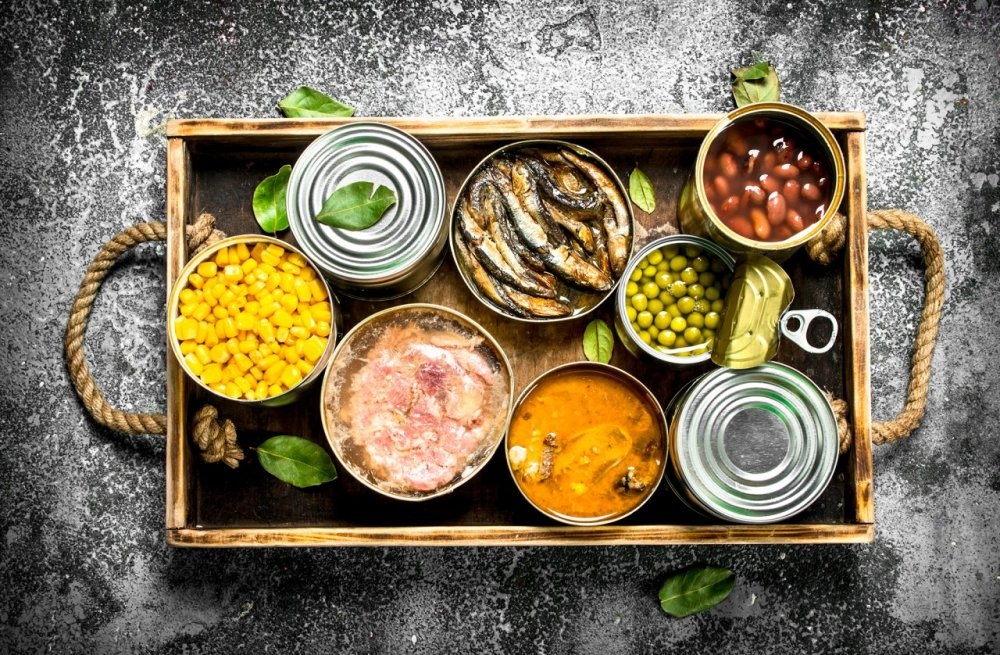
Commercial sterility of canned food refers to a relatively sterile state in which there are no pathogenic microorganisms and non-pathogenic microorganisms that can reproduce in the canned food after the canned food has undergone moderate heat sterilization treatment, is an important prerequisite...Read more »
-

Thermal sterilization technology Formerly for the canned food sterilization, thermal sterilization technology has a wide range of applications. The application of heat sterilization technology can effectively kill microorganisms, but this technical means can easily destroy some canned foods that ...Read more »
-
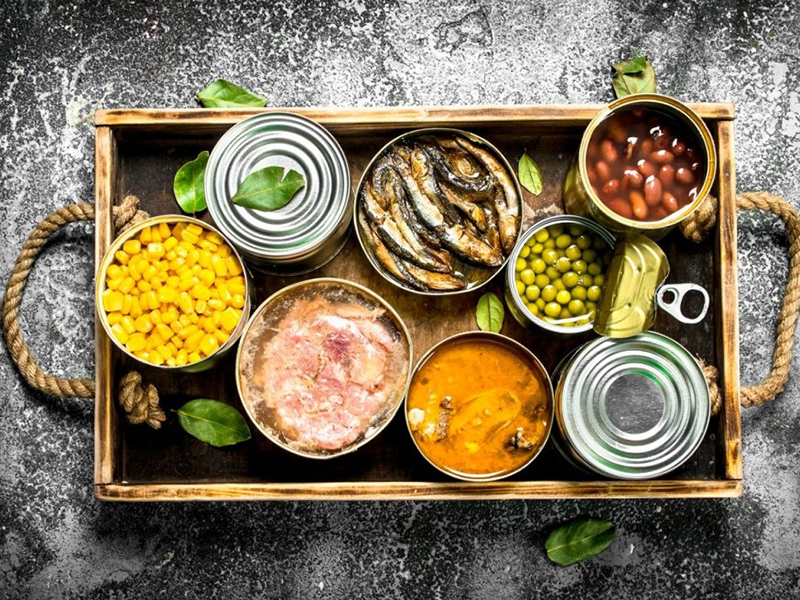
In the process of high temperature sterilization, our products sometimes encounter problems with expansion tanks or drum lids. The reason of these problems is mainly caused by the following situations: The first is the physical expansion of the can, mainly because the ca...Read more »
-
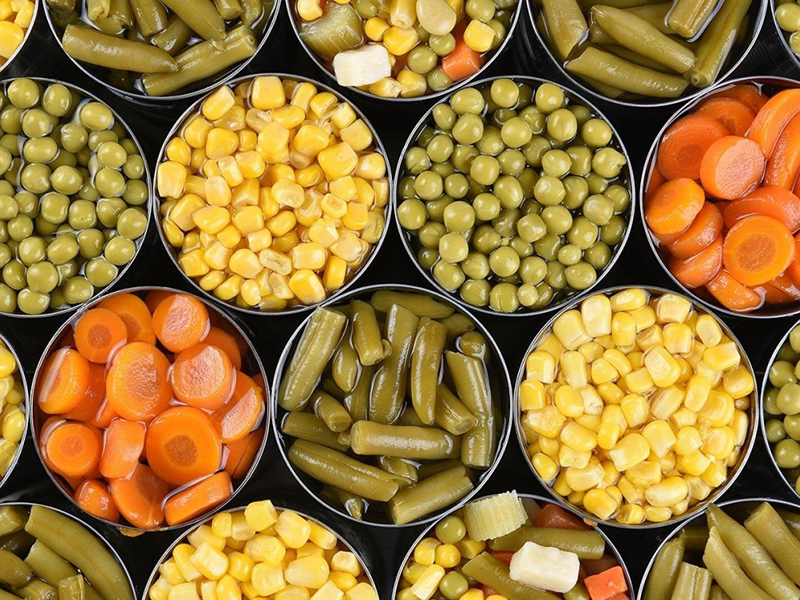
Before customizing a retort, it is usually necessary to understand your product properties and packaging specifications. For example, rice porridge products require a rotary retort to ensure the heating uniformity of high-viscosity materials. The packaged meat products use water spray retort. Pro...Read more »
-
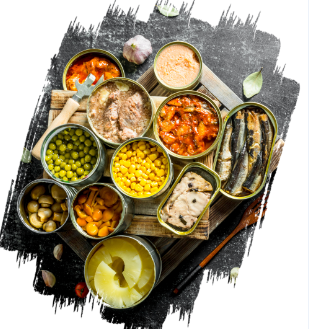
It refers to the degree to which the air pressure in a can is lower than atmospheric pressure. In order to prevent the cans from expanding due to the expansion of the air in the can during the high-temperature sterilization process, and to inhibit aerobic bacteria, vacuuming is required before th...Read more »
-
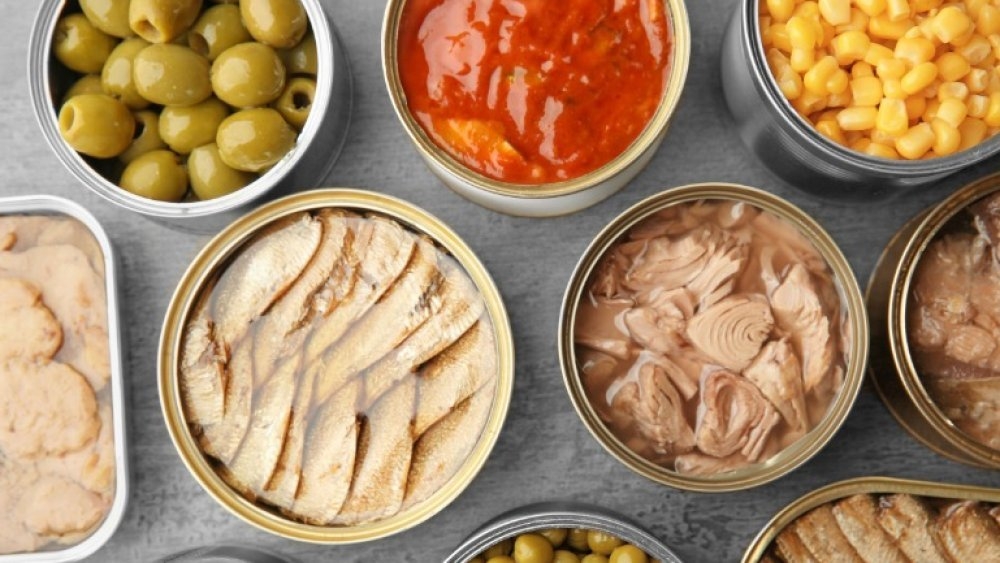
Low-acid canned food refers to canned food with PH value greater than 4.6 and water activity greater than 0.85 after the content reaches equilibrium. Such products must be sterilized by a method with a sterilization value greater than 4.0, such as thermal sterilization, the temperature usually ne...Read more »
-

The Fruit and Vegetable Products Sub-Committee of the Codex Alimentarius Commission (CAC) is responsible for the formulation and revision of international standards for canned fruits and vegetables in the canned field; the Fish and Fish Products Sub-Committee is responsible for the formulation of...Read more »
-
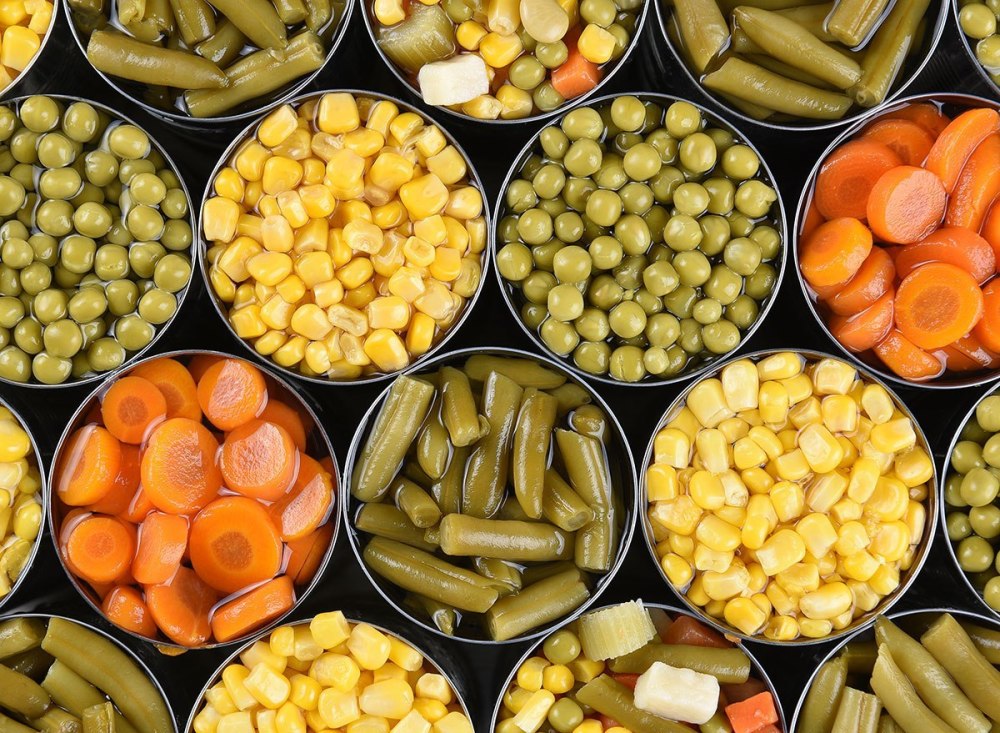
The International Organization for Standardization (ISO) is the world’s largest non-governmental standardization specialized agency and a very important organization in the field of international standardization. ISO’s mission is to promote standardization and related activities on a ...Read more »
-
The U.S. Food and Drug Administration (FDA) is responsible for formulating, issuing and updating technical regulations related to the quality and safety of canned food in the United States. The United States Federal Regulations 21CFR Part 113 regulates the processing of low-acid canned food produ...Read more »
SPECIALIZE IN STERILIZATION • FOCUS ON HIGH-END
